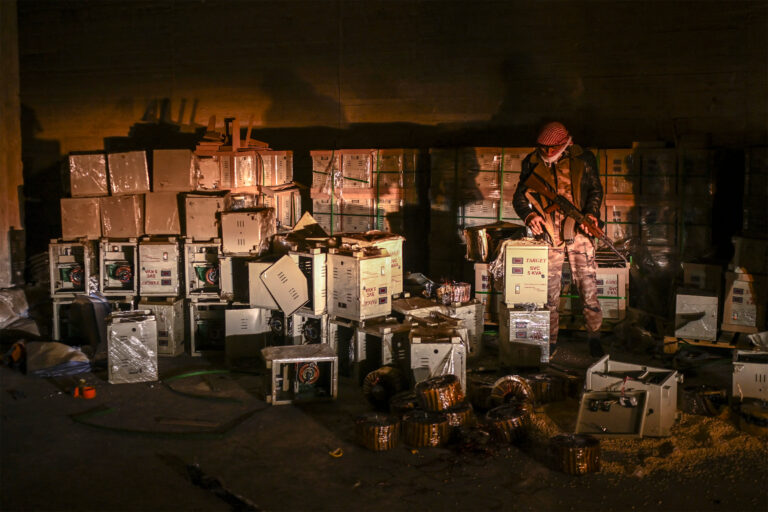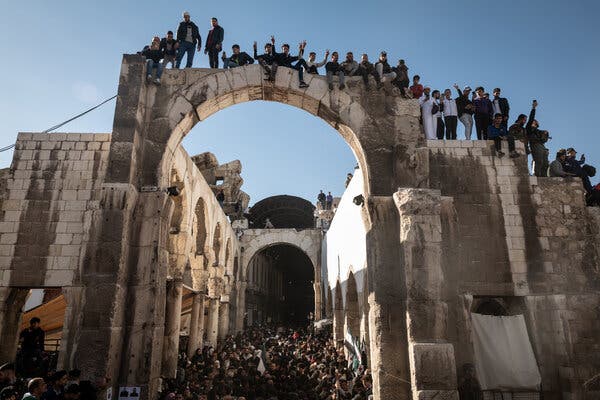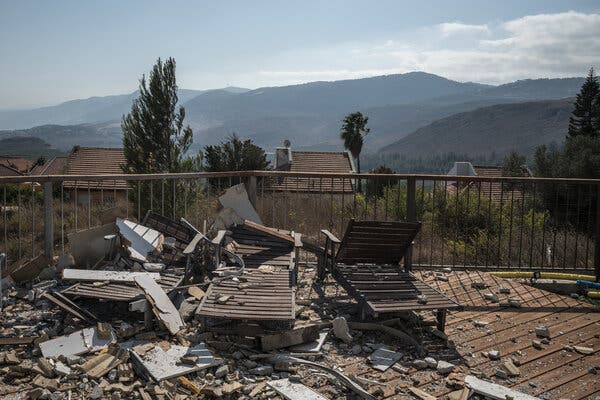Israel launches invasion into Lebanon
It was not immediately clear where the Israeli military was operating in Lebanon, but Israel ordered residents of many southern towns to move north.
Source: Israeli military, United Nations Interim Force In Lebanon, OpenStreetMap
By Leanne Abraham, Agnes Chang and Lauren Leatherby
Israeli forces crossed into southern Lebanon late Monday in an operation aimed at Hezbollah forces and infrastructure in the rugged border region. Israel ordered people in more than two dozen towns to move north of the Awali River, which is more than 15 miles from the Israeli border.
There are few details known about where Israeli ground forces are operating in Lebanon, or what the ultimate scope of the invasion will be. The Israeli military said one army division — which typically numbers more than 10,000 soldiers — was conducting “limited, localized and targeted raids,” but it is unclear how many of those troops had already crossed the border.
American officials said on Monday that they believed the invasion would be a limited one.
Israel has occupied parts of Lebanon before. It had forces in southern Lebanon from 1982 to 2000, and it briefly invaded again in 2006 during a monthlong war with Hezbollah that affected some of the same villages people were told to leave on Tuesday.
Where the 2006 War Was Fought
Sources: UNOSAT, Harvard Geospatial Library
The invasion on Monday followed weeks of escalating Israeli attacks on Lebanon.
Early last week, Israel waged one of the most intense air raids in modern warfare, leaving large parts of southern Lebanon in ruins and forcing tens of thousands of people to flee.
Israel has regularly hit Beirut, Lebanon’s capital, with strikes over the past 12 months, but its attack last week on the Cola neighborhood appeared to be the first time it had struck the city center since 2006.
Strike in Beirut’s Cola neighborhood
The strike appeared to be Israel’s first in central Beirut since 2006.
Note: Locations are not comprehensive. Locations were verified through videos and photographs or were reported by the Israeli military. By Lauren Leatherby, Sanjana Varghese and Aric Toler
By Lauren Leatherby, Leanne Abraham, Josh Holder, Agnes Chang, Lazaro Gamio and Bora Erden



